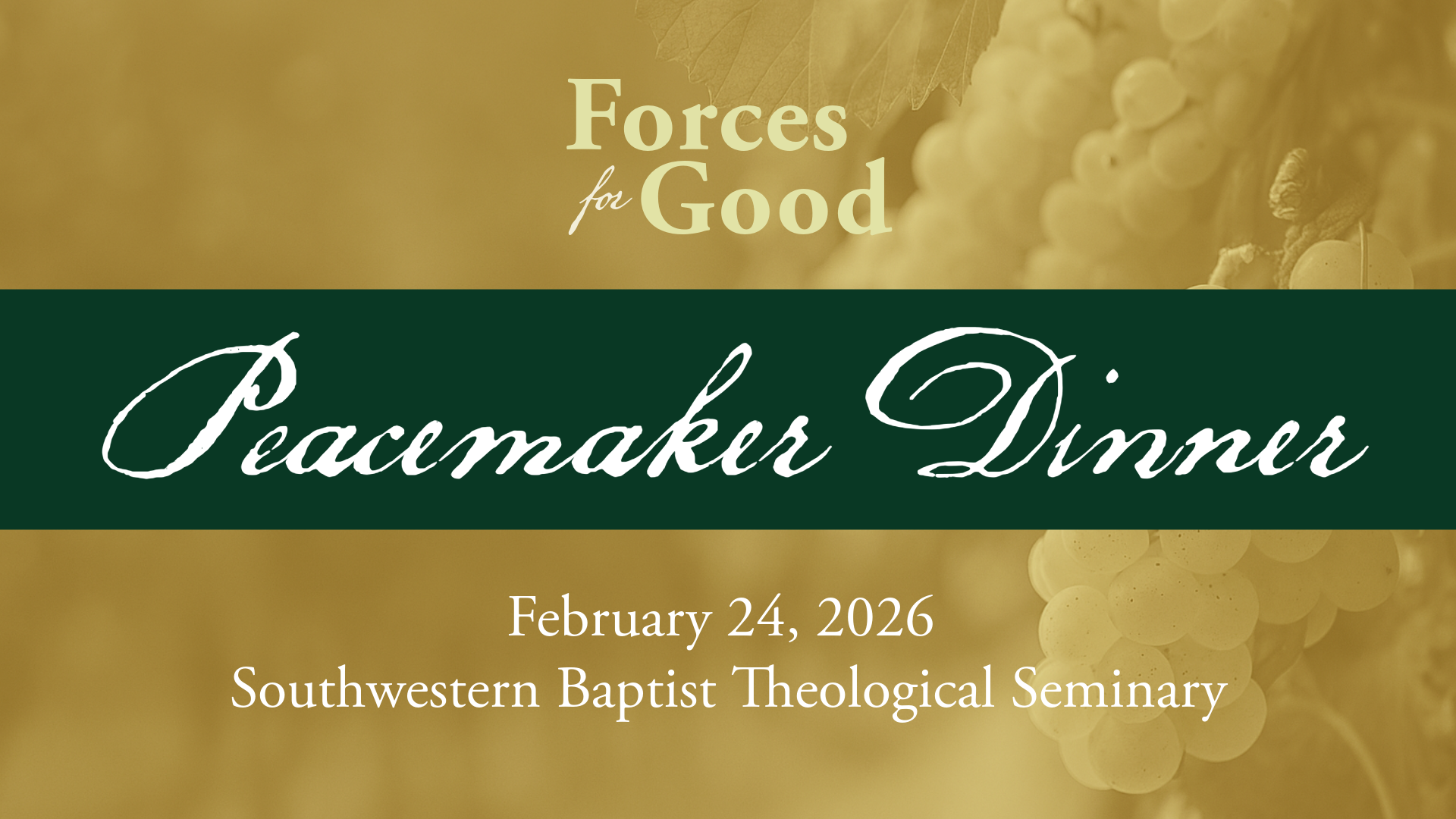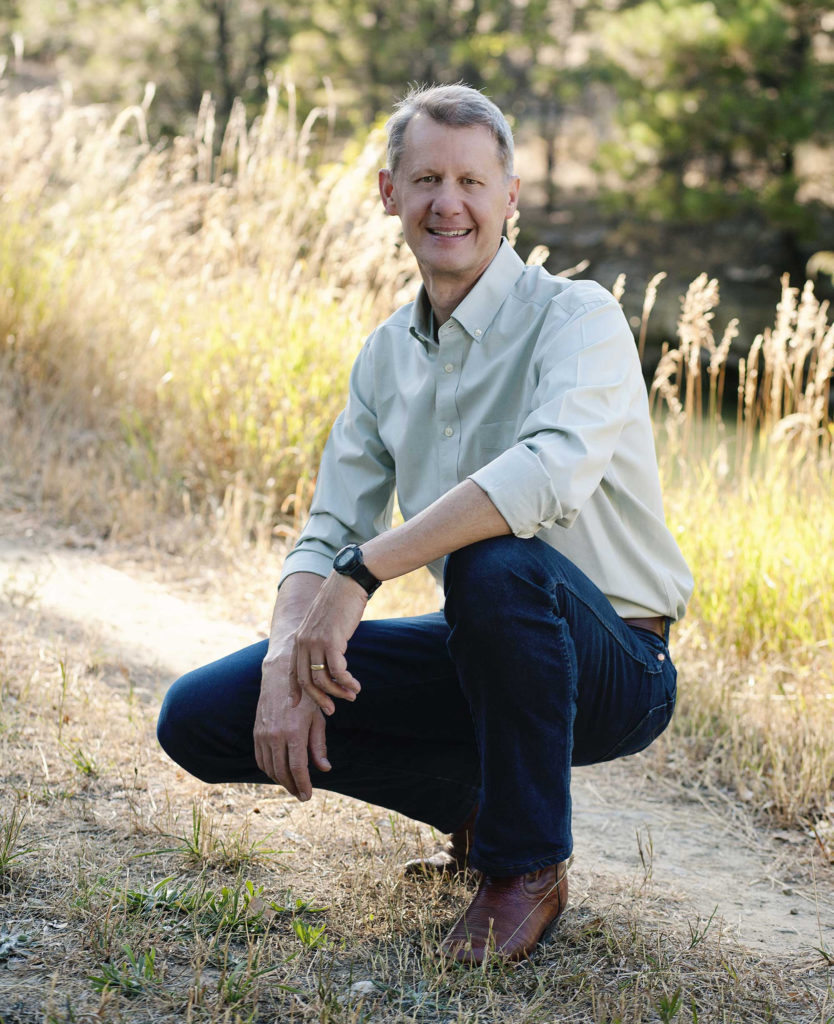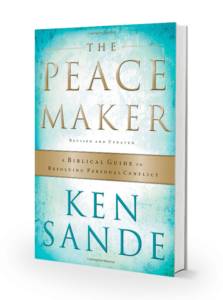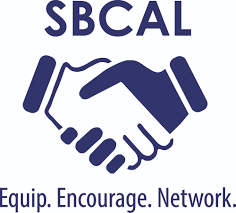
Forces for Good Summit – Peacemaker Dinner

February 24, 2026 (evening prior to the Forces for Good Summit)
Southwestern Baptist Theological Seminary
“Peacemakers are people who breathe grace.“
“They draw continually on the goodness and power of Jesus Christ, and then they bring his love, mercy, forgiveness, strength, and wisdom to the conflicts of daily life. God delights to breathe his grace through peacemakers and use them to dissipate anger, improve understanding, promote justice, and encourage repentance and reconciliation.”
(from preface of third edition of Ken Sande’s The Peacemaker)

Peacemaking is a critical aspect of being a Force for Good and for cultivating a goodness culture. With an emphasis on gospel-based conflict resolution, the Peacemaker Dinner will feature attorney, author, and elder, Ken Sande of Relational Wisdom 360 as he guides us in navigating conflicts in a Christ-honoring path by understanding and practicing forgiveness, the use of intermediaries in reconciliation, and the ability for churches to foster a culture of peace based on the truth of Scripture and our identity in Christ.
Churches all around the world are changing the way they respond to conflict. By God’s grace, they are deliberately training their congregations to be peacemakers. As a result, their churches are cultivating a culture of peace. In the process, they are discovering the wonderful blessings promised in James 3:18: “Peacemakers who sow in peace raise a harvest of righteousness.” This harvest James referred to involves a wide variety of relational fruit.
When a local church teaches its people to live out the gospel in conflicts of daily life, people are more willing to admit their shortcomings and ask for help before a crisis occurs. Members are encouraged to go to each other to discuss problems instead of letting them fester. The church is protected from division and splits, and offended members are less likely to leave. As a result, church growth is improved.
Don’t miss the Peacemaker Dinner and learn how to navigate ministry conflict using biblical principles that honor Christ, care for persons made in God’s image, and tools for resolving conflict that foster unity and peace for the glory of God.
James 3:13-18
More about Ken Sande

Trained as an engineer, lawyer, and mediator, Ken founded Peacemaker Ministries in 1982, where he conciliated hundreds of family, business, church, and legal conflicts, and guided the development of its global training program.
Ken founded RW360 in 2012 in order to focus on teaching people how to get upstream of conflict by building strong relationships in the family, church, and workplace. He teaches internationally and is the author of numerous books, articles, and training resources, including The Peacemaker, which has sold over 500,00 copies in seventeen languages.
Ken is certified as a Relational Wisdom Instructor and Conciliator, as well as a Certified Emotional Intelligence Instructor (with TalentSmartEQ). Ken has served as a Certified Professional Engineer, as a member of the Alternative Dispute Resolution Committee of the Montana Bar Association, as an elder in his church and as an Editorial Adviser for Christianity Today (more details here).
More About The Peacemaker

The Peacemaker: A Biblical Guide to Resolving Personal Conflict (© 2004 by Ken Sande), which has sold over 500,000 copies in seventeen languages, describes many of the key peacemaking principles God has given to us through Scripture. (see 500+ reviews here) These principles, which are summarized below, are special applications of the six primary elements of relational wisdom. As you study them, you will notice the following correlations.
• Glorify God, the first of the Four G’s of Peacemaking, is the goal of being God-aware and God-engaging
• The Progression of an Idol and the 7 As of Confession summarize practical aspects of being self-aware and self-engaging
• The Four Promises of Forgiveness and the PAUSE Principle of Negotiation are essential elements of being other-aware and other-engaging.



